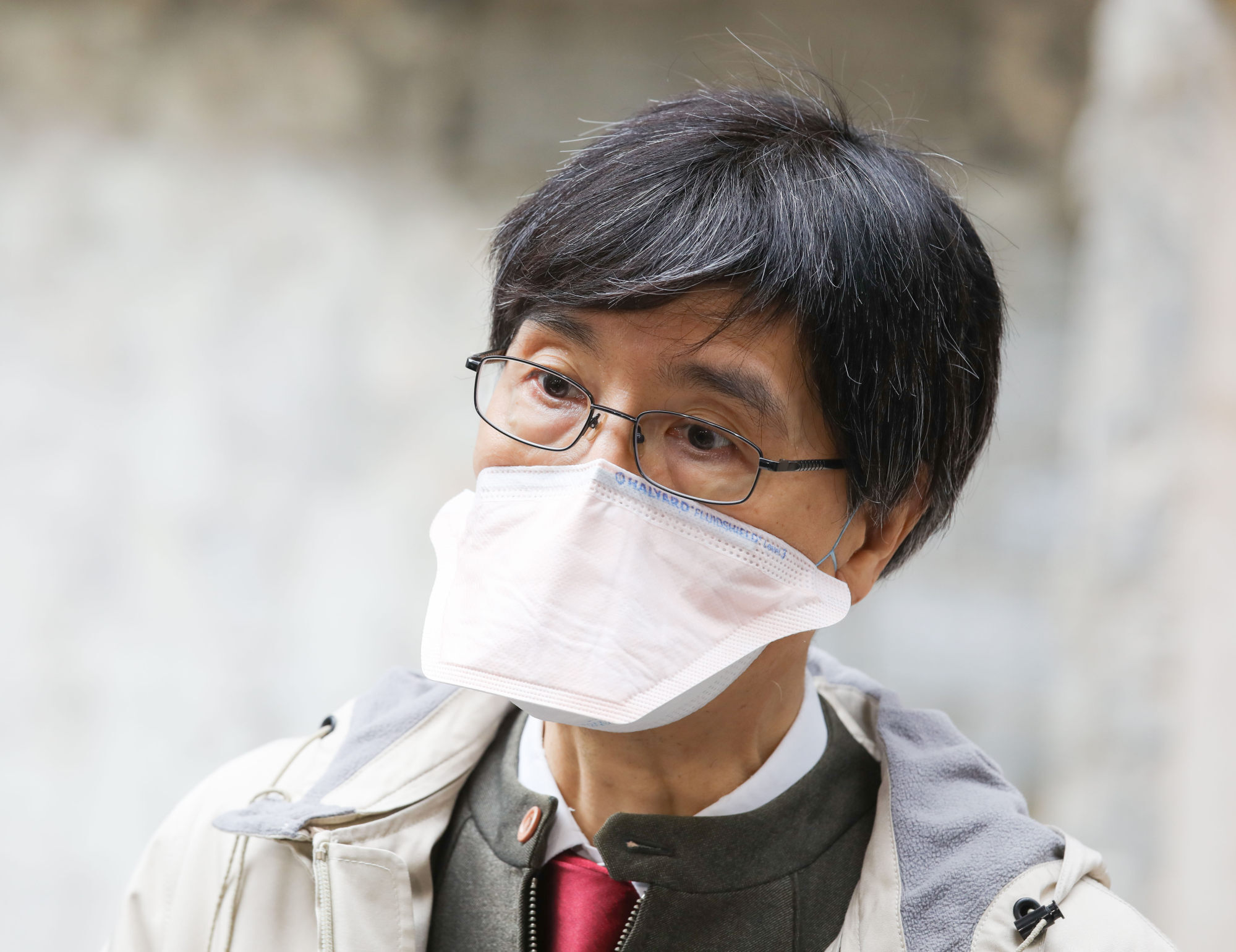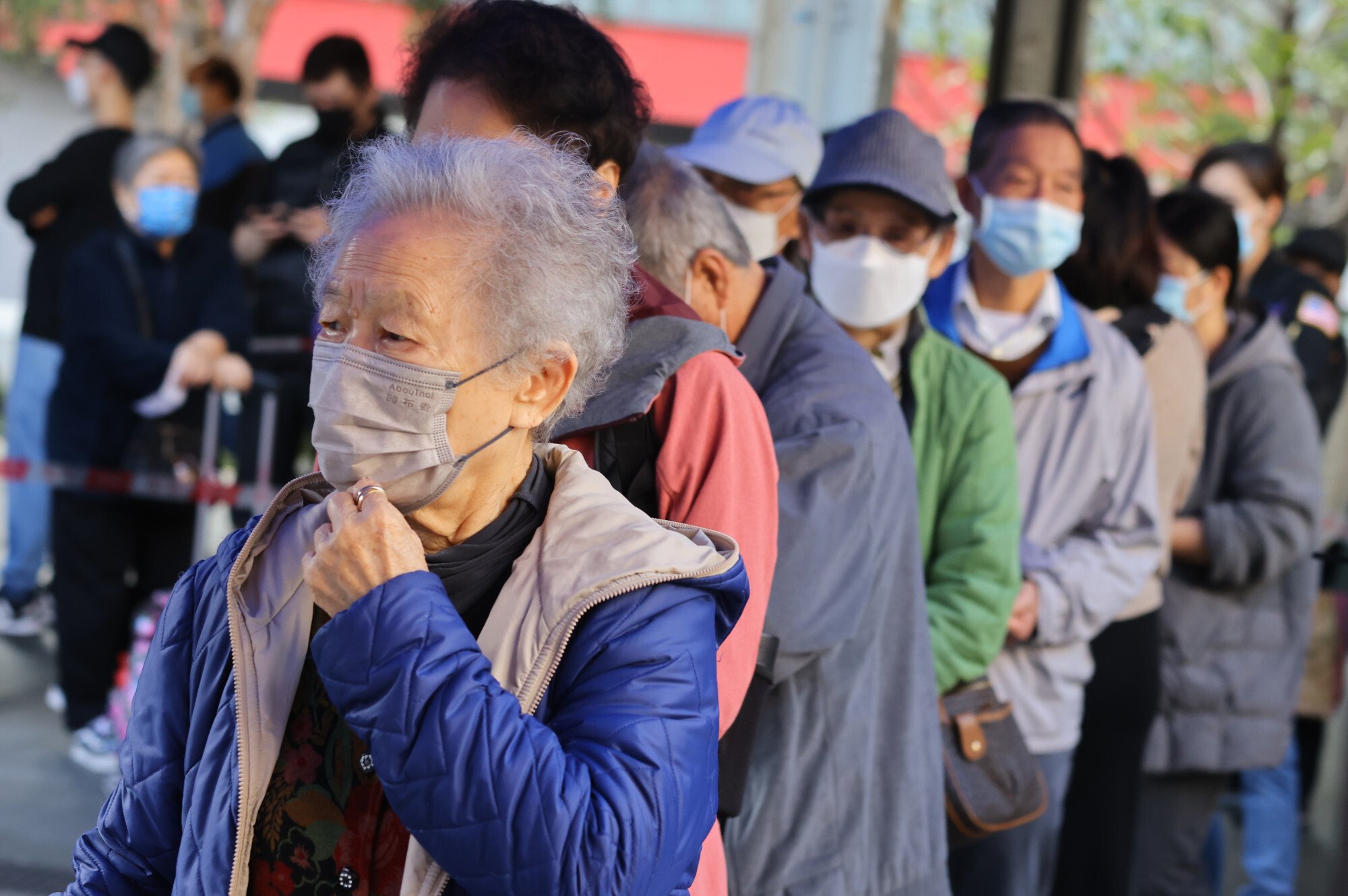
Hong Kong hamster cull: drastic measure necessary to prevent ‘another disaster’ caused by Delta’s spread, top Covid-19 expert explains
- Leading microbiologist Professor Yuen Kwok-yung says the elderly will be at risk if the Delta variant of the coronavirus is leaked into the community
- As the transmissibility or virulence of the mutated virus strain is not known, it is essential to prevent it from spreading across the city and beyond its borders
Officials asked pet owners and shops to hand over 2,000 hamsters that had been imported in two batches since December 22 for tests and euthanisation on Tuesday, after 11 samples taken from hamsters in a Causeway Bay pet store came back positive. The shop’s employee, a customer and her husband were confirmed to be infected.
Dr Thomas Sit Hon-chung, assistant director of the Agriculture, Fisheries and Conservation Department (AFCD), said authorities had “no choice” but to make a “firm decision” to protect public and animal health.

In a statement issued on Wednesday, leading microbiologist Yuen Kwok-yung further explained the justifications for the cull:
2. AFCD veterinarians are professional experts who can make such a decision. They have dealt with the H5N1 and H7N9 bird flu virus in 1997, 2002, 2004 and 2013. Other experts in microbiology and virology, public health and pulmonary medicine can only give their opinion from their perspective. More importantly, the AFCD does not have sufficient animal quarantine facilities, staff and testing capabilities.
3. When 33 per cent of our population and over half of our elderly residents are not inoculated, a large number of these unvaccinated elderly (possibly over 1,000 deaths by extrapolation) will die if the Delta variant leaks into our community.
4. Moreover, there is a mutation in the virus spike protein’s receptor binding domain linked to a human cell receptor that caused the infection. This is likely to have happened when the virus was transmitted from humans to hamsters and vice versa, or between the rodents. We do not know the transmissibility or virulence of this mutation. If this mutated virus is not stopped, it may spread across Hong Kong, to mainland China and overseas, leading to another disaster.

5. We do not have enough time to get all the genomic information, so the decision has to be made [quickly] as every hour matters while the transmission is taking place in the [pet shop’s] Tai Po warehouse and many other stores. The government officials had a HARD time making such a decision. More than 10 per cent of the pet shop’s hamsters were found to have the virus in the first round of screening. It is possible that someone in the Netherlands or Hong Kong gave the virus to the hamsters at the Tai Po warehouse. The virus, which was also detected at the warehouse, was then transmitted to the staff and customers.
Hong Kong hamster cull: owners start handing over pets to officials
6. We realise that this is a complicated issue which is not easy to understand when emotions are high. Science and medicine cannot solve the issue of love. I deeply sympathise with hamster lovers who need a time of bereavement and counselling.
7. Denmark has culled 17 million mink, [a decision] which may or may not have legal basis. But ministers often have to resign for political accountability. Political or legal incorrectness has nothing to do with a correct public health decision.
Professor Yuen’s statement has been edited for clarity.

